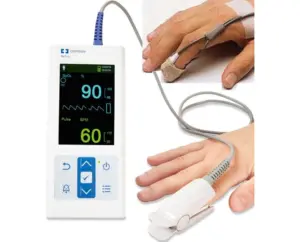
Medtronic pulse oximeter tech gets FDA STeP program nod
Medtronic (NYSE: MDT)+
announced today that the FDA accepted its new Nellcor technology into its STeP program.

Medtronic (NYSE: MDT)+
announced today that the FDA accepted its new Nellcor technology into its STeP program.
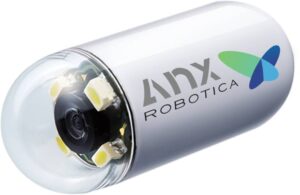
The company said in a news release that the latest clearance marks a significant step forward in gastrointestinal (GI) motility monitoring. It offers clinicians an advanced, non-invasive tool for assessing whole-gut transit times with unmatched accuracy and patient comfort.
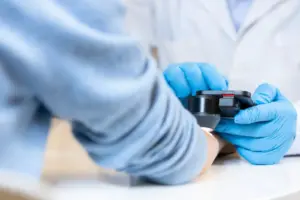
European regulatory approval paves the way for Dermalyser’s clinical rollout, enhancing early skin cancer diagnosis through advanced AI technology.
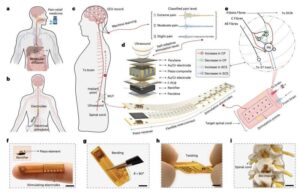
Researchers at the University of Southern California and other institutes recently developed a new flexible, wireless and battery-free implantable stimulator that could overcome some of the limitations of previously introduced pain-management solutions.
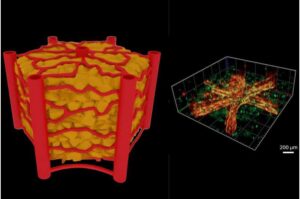
In biomedical research, so-called organs-on-a-chip, also referred to as microphysiological systems, are becoming increasingly important: by cultivating tissue structures in precisely controlled microfluidic chips, it is possible to conduct research much more accurately than in experiments involving living humans or animals. These systems can be used to investigate the effects of a new drug and to better understand the interaction between different organs to grasp the systemic response.
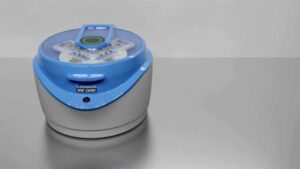
Canadian scientists have developed a blood test and portable device that can determine the onset of sepsis faster and more accurately than existing methods.
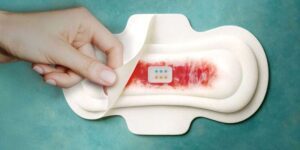
Researchers at ETH Zurich have developed the first technology that is able to recognize biomarkers in menstrual blood—directly in sanitary towels. MenstruAI promises a simple, non-invasive method for recording health data in everyday life.
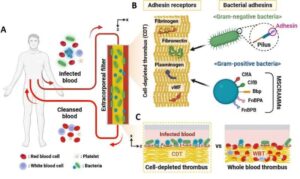
A research team affiliated with UNIST has unveiled a novel extracorporeal blood purification technology that captures and removes bacteria from the bloodstream by leveraging sticky, clot-like surfaces. This breakthrough could pave the way for new treatments against deadly systemic infections, including sepsis, even those caused by antibiotic-resistant bacteria. The work is published in Advanced Science.

A team led by Sarah Lippé at Université de Montréal’s Department of Psychology has developed a method that can determine in minutes whether a baby’s brain development is advanced, delayed or in line with their chronological age.
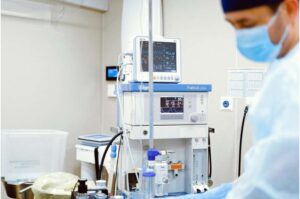
A group of Children’s Hospital Los Angeles researchers found that ventilation managed by a computerized decision support (CDS) tool shortened the time children with lung failure spent on ventilation and helped them regain the ability to breathe unassisted after mechanical support. The results were published in NEJM Evidence.